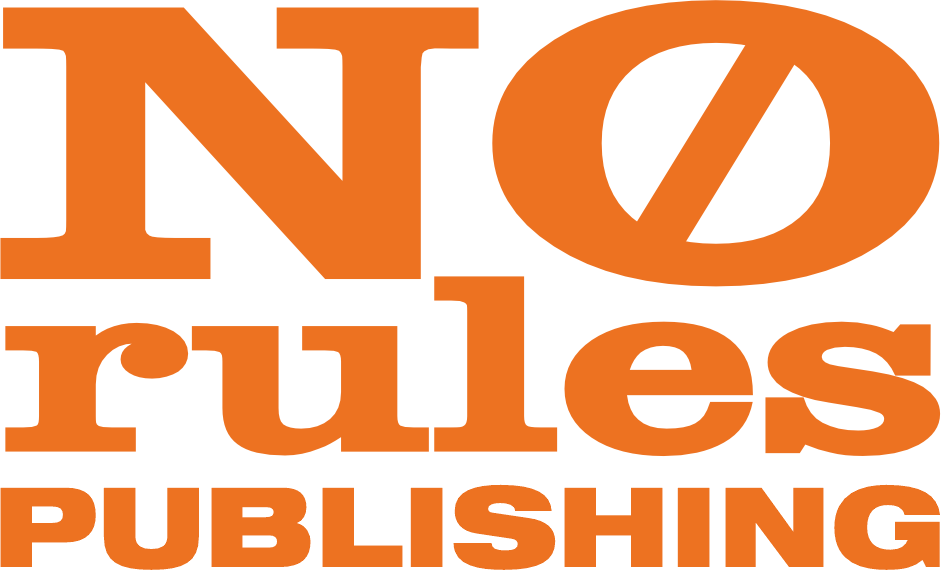by Sarah Taylor
Multi-author books, also called anthologies or collaborative books, are one of the biggest publishing trends this year. Basically, they work by forming a group of co-authors, all in the same industry or niche, who each write one chapter for the book. All of the chapters are individual stories, but they are related to the book’s overall theme. They can be compared to the Chicken Soup for the Soul books from the 1990s.
Since multi-author book publishers charge co-authors to join the project, many people believe that they are some sort of rip-off. So, are multi-author books a scam?
In short, no. Multi-author books are not scams.
They simply have a different business model from traditional publishers and tend to attract ambitious entrepreneurs because of their unique ability to reach a larger audience.
Here is some background so you can decide if joining a multi-author book is right for you.
Related: 4 Reasons Why You Should Write a Multi-Author Book
Why are multi-author books so popular?
Multi-author books are a growing publishing trend for a few main reasons. To begin, the book market is saturated right now. The vast majority of books, whether published traditionally, self-published or with a hybrid publisher, are not selling enough copies to break even. In fact, the average non-fiction book published today can expect to sell just 250 copies in its lifetime.
By publishing with a group of 10-30 authors, multi-author book titles have an exponentially more comprehensive audience. If each author has 10,000 followers across social media, the book will reach a combined 100-300K audience organically when it launches, resulting in many more book sales. Individual authors, even traditional publishers, can’t match this reach without spending a lot of money.
Another reason why there are more and more multi-author titles coming out is that they deliver on their promises. They are always bestsellers on Amazon because the group of authors has 10-30x more personal connections than just one author alone. Imagine if each co-author gets 20 friends and family members to purchase the book on the day it comes out. That amounts to 200-600 book sales in 1 day, enough to make a #1 bestseller in most, if not all, Amazon categories.
There are countless other benefits to launching a book with a group of authors, but I think you get the point.
Why do multi-author book publishers charge money?
Multi-author book publishers charge each author a fee to join the project.
When people hear the word fee or investment, they immediately think it’s a scam because they are still under the false impression that publishing is free or that publishers will pay them for their stories.
Let me explain why.
For years, traditional publishers provided authors with advances when they accepted a manuscript for publication. The advance is what people refer to when they say that publishing is free or that they should be paid for their story.
However, it’s not that simple. All publishing houses are businesses, and quality books are quite expensive. They make their money by providing publishing services to a select number of accepted manuscripts in exchange for the rights to the work and the majority of the royalties from any book sales. Traditional publishers keep 80-90% of the book royalties.
The advances that publishing houses give are like loans. Authors won’t receive any royalties, not even their 10-20% share, until the entire advance amount is paid back. Only a handful of authors who write a blockbuster will ever make any money from their books.
Basically, you always pay for publishing. The difference is between paying afterward (if you can score a traditional publishing deal, which is highly unlikely for an unknown author) and footing the bill upfront.
These collaborative books aren’t scamming aspiring authors out of money. Instead, they are providing an alternative route to publishing that is much quicker, easier (co-authors write just 1 chapter, not the entire book), and ultimately less expensive than going at it on your own. All with the support of a publisher and the guarantee that it becomes an Amazon bestseller.
Related: 5 Business-Expanding Benefits of Collaborative Book Publications
Is a multi-author book a smart investment?
That depends on what your book writing and publishing goals are. Multi-author books focus on the business benefits of becoming an author.
Multi-author books use the investment money from each author to pay for writing support and publishing services upfront and coordinate the group through the book launch. That means that a co-author who, for example, invests $1,000 to join a multi-author project gets the benefit of a $500-$750 book cover, $2,500 in editing, $500 in formatting, $300 in copyrighting, $300 in social media templates and visuals and the 100+ hours that go into coordinating the entire project and book launch.
If the co-author decided to go the self-published route, they would have to write the entire book, bear the full cost, or learn a lot of technical skills — very quickly — to do it alone. They would likely still spend at least several months on their book.
Related: 5 Reasons Why Writing a Book Is a Smart Move for Entrepreneurs
The ROI for each co-author is a combination of time and money saved, as well as the opportunities opened by becoming a bestselling, published author.
If you can take your author status and leverage it into press and media coverage, speaking engagements, collaborations, brand partnerships, sponsorships, guest blogging, expert panels and more, then it’s more than worth the initial investment.
Conclusion
There you have it. Multi-author books are not scams. They simply have a different business model than traditional publishers have used in the past.
Still, make sure that you are clear on what your multi-author book publisher provides regarding book marketing, royalties from sales and support getting the exposure you are looking for.
Read this article on Entrepreneur.
- Secret Dubai - February 15, 2024
- Emirati book market - February 2, 2024
- 9 facts about Arab writers - January 13, 2024



Add comment